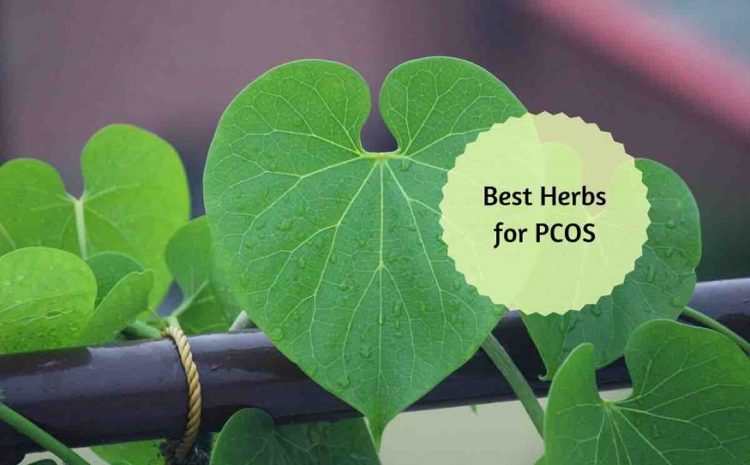Ayurvedic syrup for pcos, ayurvedic tonic for pcos
Ayurvedic syrup for PCOS: the most effective treatment
Polycystic ovary syndrome or commonly known as PCOS is a health condition wherein the hormone levels affect women. The women affected with PCOS produce abnormal number of male hormones. This hormonal imbalance causes abrupt menstrual cycle and makes it difficult to conceive and get pregnant. PCOS also leads to baldness or excessive growth of hair on the face and the body. Heart disease and diabetes are often seen as long-term problems related to polycystic ovary syndrome.
The symptoms can be controlled by different methods, medicines and treatments. Ayurvedic syrup for PCOS are often very helpful in balancing the hormonal abnormalities. The prescribed ayurvedic syrups are the most effective remedy. With the amalgamation of ayurvedic herbs, the syrup treats hormonal imbalance and positively affect the rate of fertility. Proper diet that was high on protein content and low on carbs and regular exercise helps the medicine to work faster and in effect.
Within a few months of regular taking of the ayurvedic tonic for pcos one can notice positive changes on their body and health in general. There is a great improvement, with normal weight loss and regularity in menstrual cycle. The problem of spotting goes away and the first period can start within two months of consumption. The hair loss also reduces slowly.
The problem goes on decreasing in the next few months with lesser irregular cycle and zero hair loss. The facial hair fades slowly disappear and the bowel movements become normal with significant loss of weight. In the last months of the treatment, the digestion process normalizes and the cyst vanishes. The thyroid starts functioning normally and the sugar level is also in control.
The joy of motherhood is incomparable and extremely special in every women’s life. The ayurvedic treatment greatly helps a woman to get regular periods and thus normal impregnation. The holistic ayurvedic treatment has been proven beneficial to cure PCOS since years. The allopathic syrup or tonic has negligible side effects.
According to Ayurveda, there are three forces of energy or ‘doshas’, namely: vatta, pitta, kapha. They circulate in our bodies and facilitate the functioning of different organs of the body, in perfect harmony. There imbalance cause different diseases. When the doshas have negative effect on ‘shukra dhatu’ in women, they produce male hormones excessively in them with the appearance of a cyst.
Ayurvedic syrups are herbal in nature. They are useful in toning up a women’s body and is effective in treating the menstrual irregularities in them. The herbal extracts of Asparagus racemosus (Shatavari) and Saraca indica (Ashoka) works effectively to cure gastric and nervous disorders. It also improves and enhances the stamina and energy of the women. The syrup reduces the pain during periods and regulate the flow. It helps in the disappearance of cysts and tumors on reproductive organs. They are clinically proven to help women deal with polycystic ovary syndrome and take care of their health, in an allopathic way. The herbs also help in minimizing mood swings, weight gain, insulin sensitivity and gastric disorders.



